

Matt Campbell
2025 Porsche 911 Carrera T review
6 Days Ago

Senior Contributor
Nissan Australia has secured allocation of e-Power hybrids from 2022, almost certainly commencing with the new Qashqai.
Unlike Toyota’s ubiquitous hybrid system in which an electric motor assists the engine, Nissan’s e-Power uses a combustion engine as a generator that powers a small battery, which in turn spins the electric drive motor.
In this way, Nissan claims its e-Power cars deliver a similar level of instant acceleration as a battery-electric vehicle, without the range anxiety or associated cost of a large-capacity battery pack.
With Toyota’s hybrids posting record sales – around 30 per cent of its volume this year has come from its expanding hybrid passenger and SUV range – Nissan Australia’s announcement comes at a propitious moment.
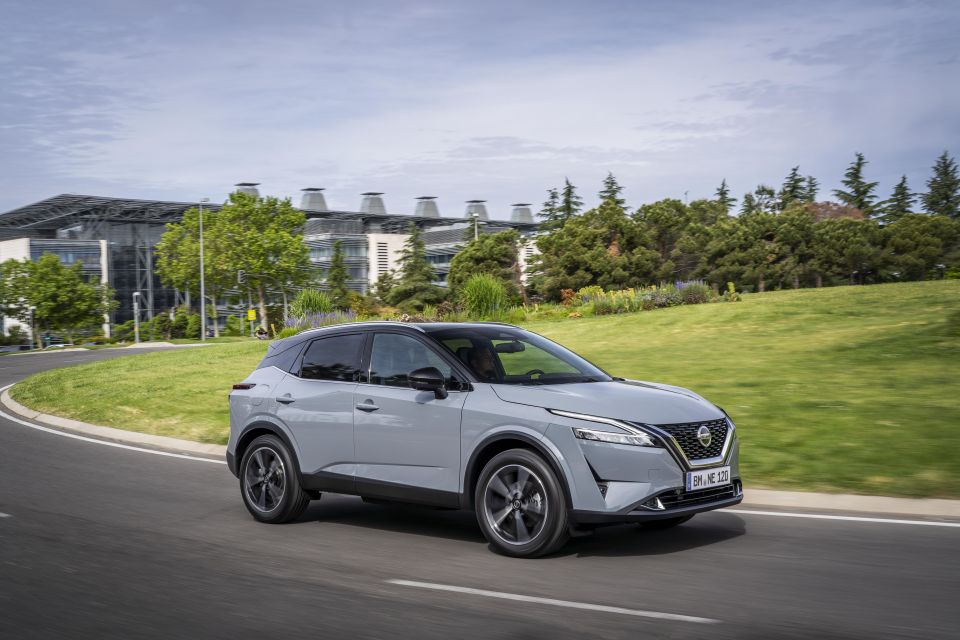
“We call e-Power a best-of-both-worlds solution, offering a driver the key benefits of an EV drive experience without ever having to plug in,” said recently-appointed Nissan Australia managing director Adam Paterson.
“… While a traditional hybrid adds battery power to an internal-combustion engine, e-Power delivers an EV-like driving experience, including exhilarating acceleration and near-silent operation, all while drastically reducing your fuel use and emissions.”
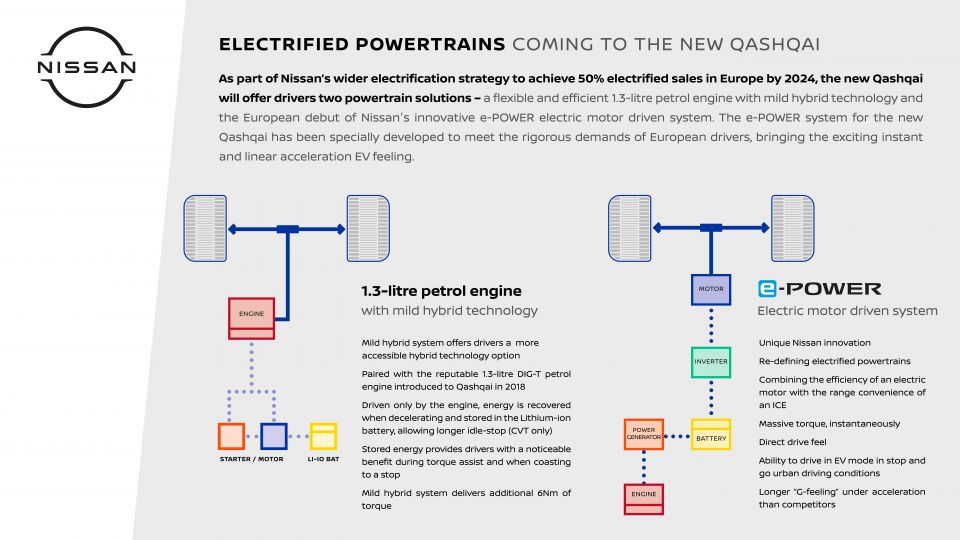
The e-Power setup made its debut in the Japan-only Nissan Note in November 2016, and has since been joined by the electrified Kicks SUV and Serena people-mover. Total sales have surpassed 500,000 units in March 2021.
Now that any kinks have had time to be ironed out, Nissan is rolling out the technology across the world.
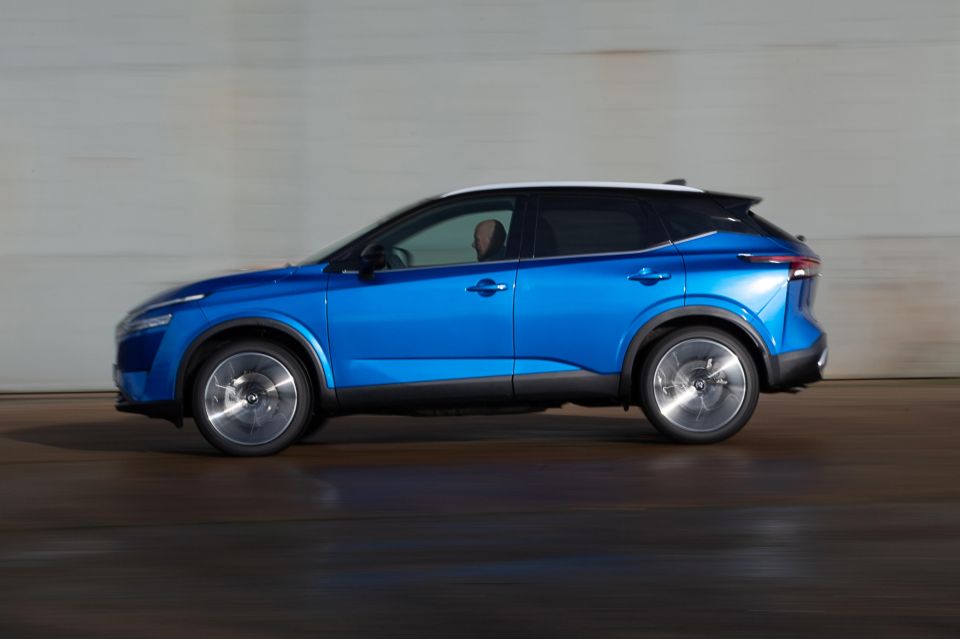
The resultant second-generation e-Power system pairs a 140kW electric motor similar to a Leaf EV’s with a 115kW 1.5-litre turbocharged three-cylinder petrol engine-generator solely there for charging the lithium-ion battery.
Similar to the Leaf EV, the Qashqai e-Power also allows ‘one pedal driving’ through e-pedal accelerator, which uses friction for regenerative braking to slash use of the brake pedal by as much as 90 per cent in urban commuting.
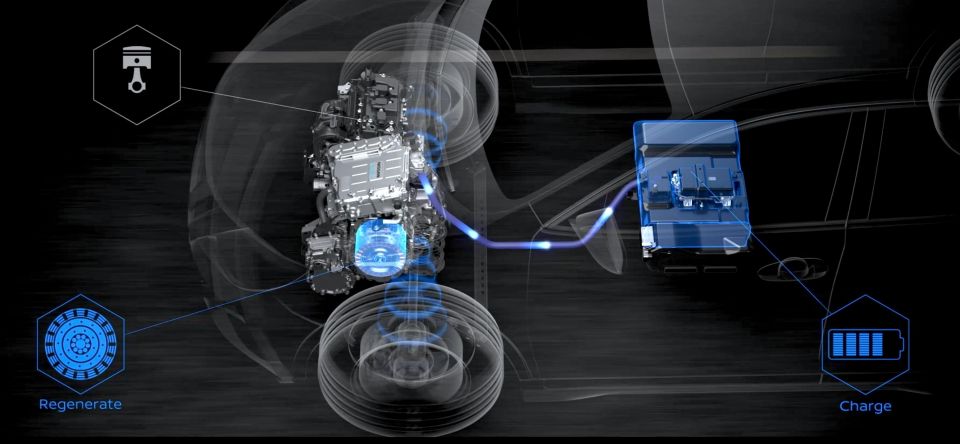
Pure petrol versions of the Qashqai will arrive in Australia from early 2022, but the e-Power model is likely to be a few months behind. From there you can bank on an e-Power version of the larger new X-Trail to follow.
Considering more than 70 per cent of top-selling Toyota RAV4s are now hybrids, the latter car represents a particularly big volume opportunity – if the price is right.
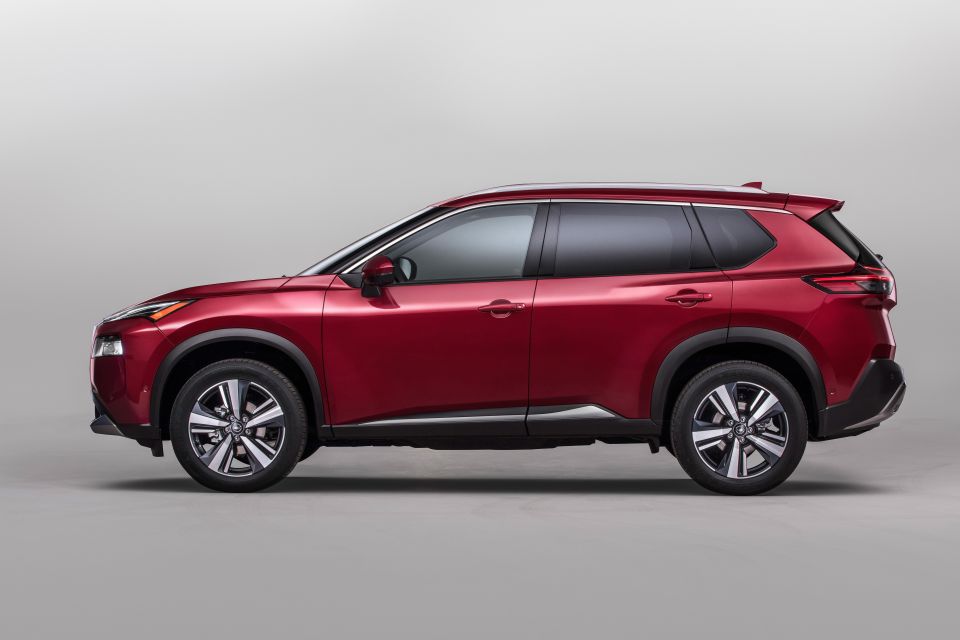
Mainstream hybrid small SUVs that should be on sale from 2022 include:
MORE: Australian government fleets leading hybrid and EV take-up
Where expert car reviews meet expert car buying – CarExpert gives you trusted advice, personalised service and real savings on your next new car.


Matt Campbell
6 Days Ago


James Wong
5 Days Ago


Max Davies
3 Days Ago
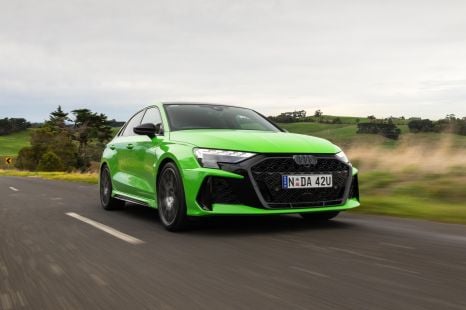

Josh Nevett
3 Days Ago
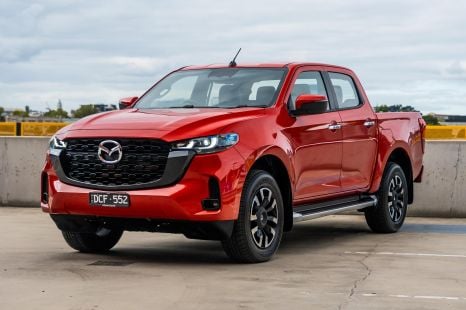

Josh Nevett
2 Days Ago
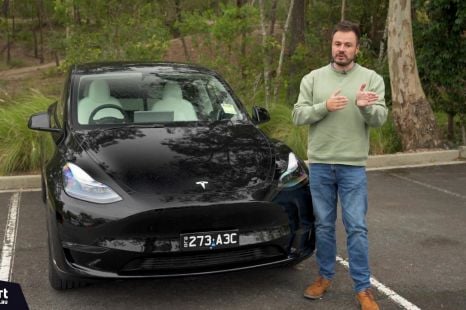

Paul Maric
22 Hours Ago